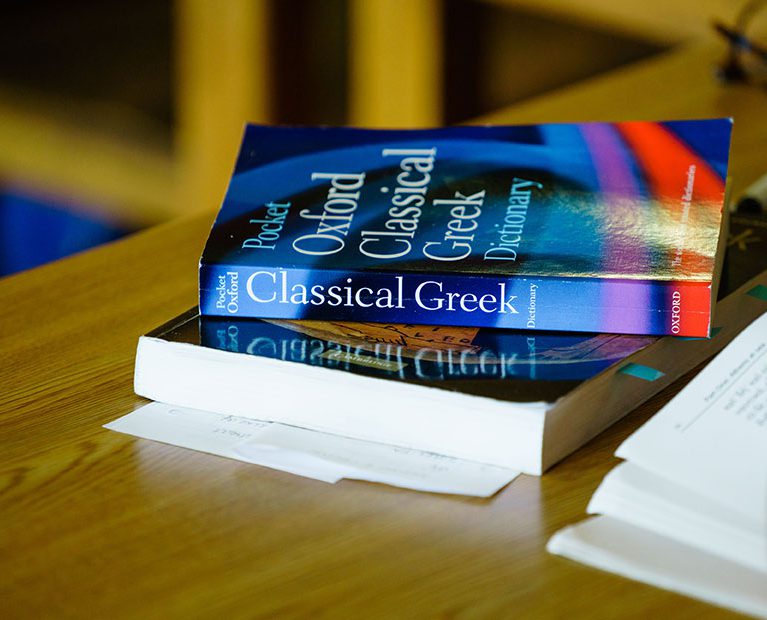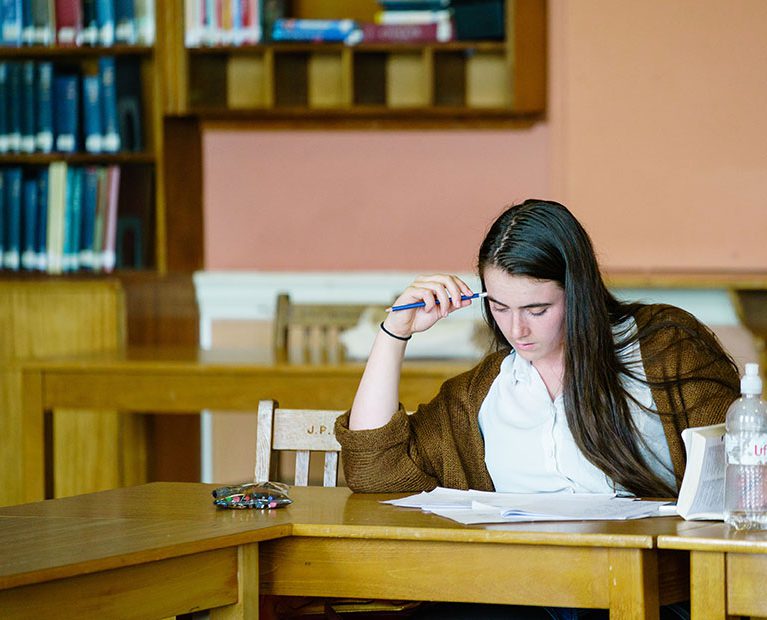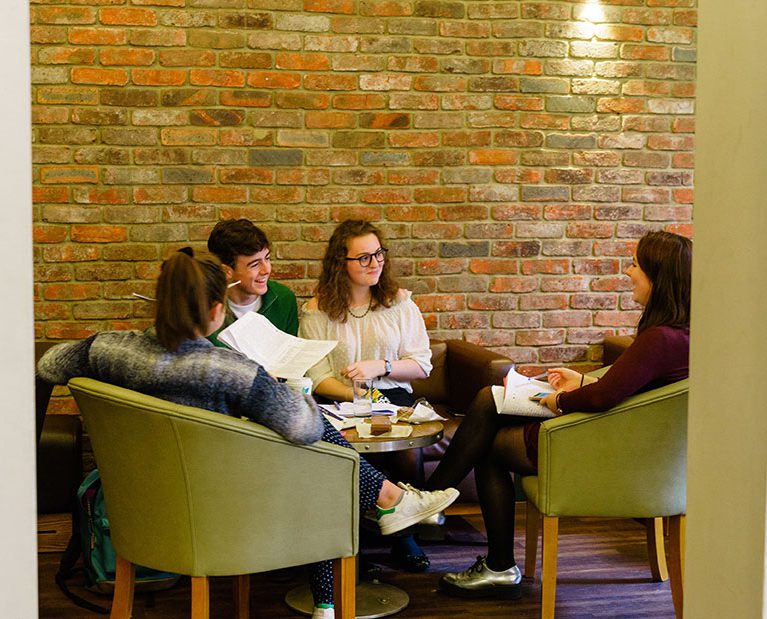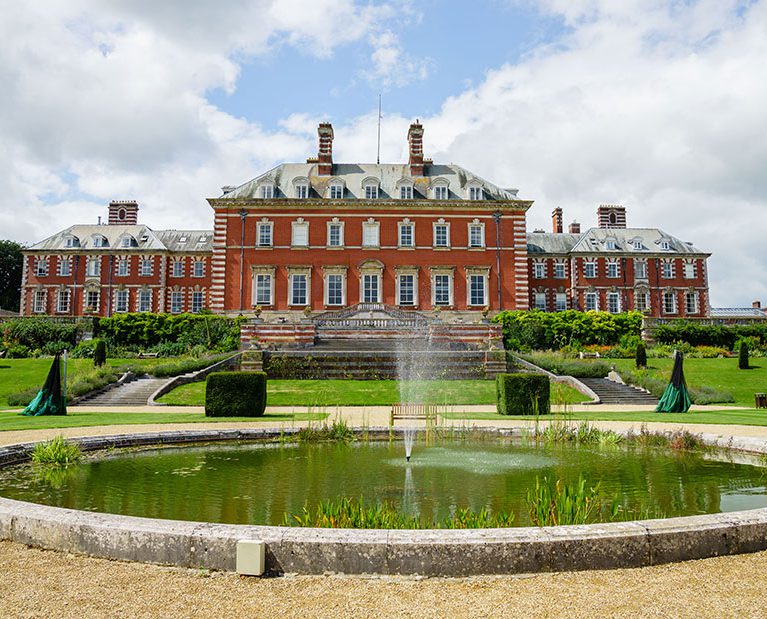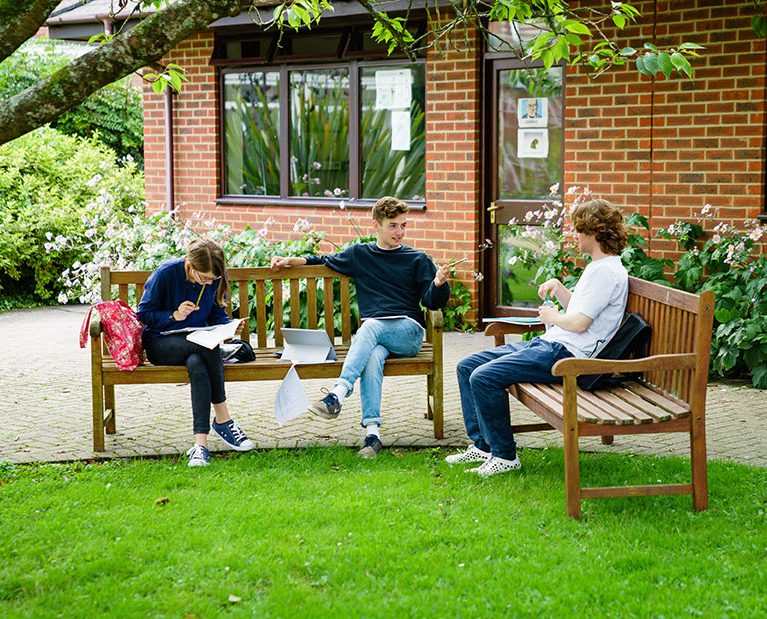Advanced
Students with Greek to GCSE level or beyond are placed in advanced groups, ranging between those who have just taken GCSE to those who have completed A-level. These groups normally aim to read three texts: a book of Homer, a tragedy and a prose text (texts with commentaries and vocabulary lists will be provided by the summer school). The texts will be chosen by the group’s tutor. We aim to avoid texts that students have already read, as well as texts set for GCSE and A-level, to ensure that advanced students have the opportunity to progress in their Greek reading. Likewise, if students hold a university offer, we aim not to read texts set by those universities at the summer school.
The reading classes provide a very different experience from the intensive study of set texts that most students are familiar with from their schools – please be prepared for this. Literary critical appreciation of the texts will of course play a part, but the primary focus of the course is building linguistic confidence and reading fluency. Historical, cultural, aesthetic and philosophical exploration of texts and Greek culture is offered by our series of lectures and seminars.
Inevitably, reading texts entails learning some new grammar, and consolidating existing grammar knowledge. Advanced classes will teach and consolidate this new grammar, but the primary focus of the advanced course is on reading texts throughout. The voluntary grammar clinics organised outside of class time offer students further opportunities to discuss specific grammar issues with a tutor.
Intermediate and Advanced students will also have the opportunity, if they wish, to take part in a rehearsed reading or performance of a Greek Tragedy (in Greek) at the end of the course in Bryanston school’s open-air theatre.

